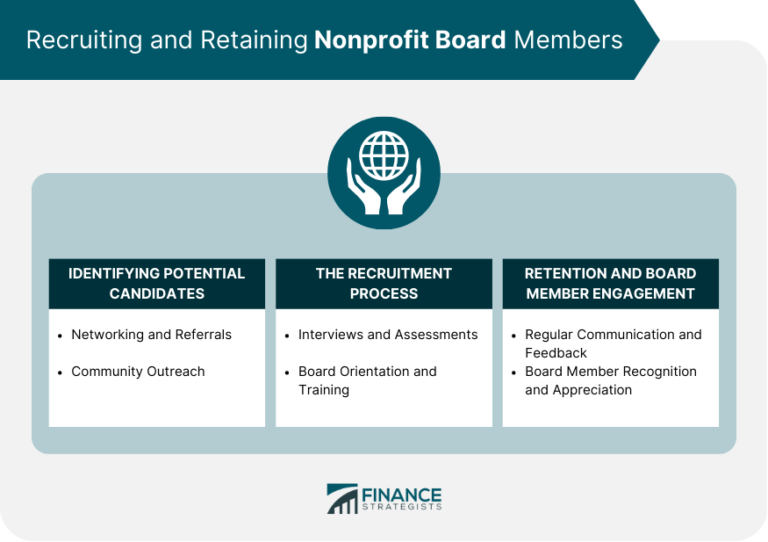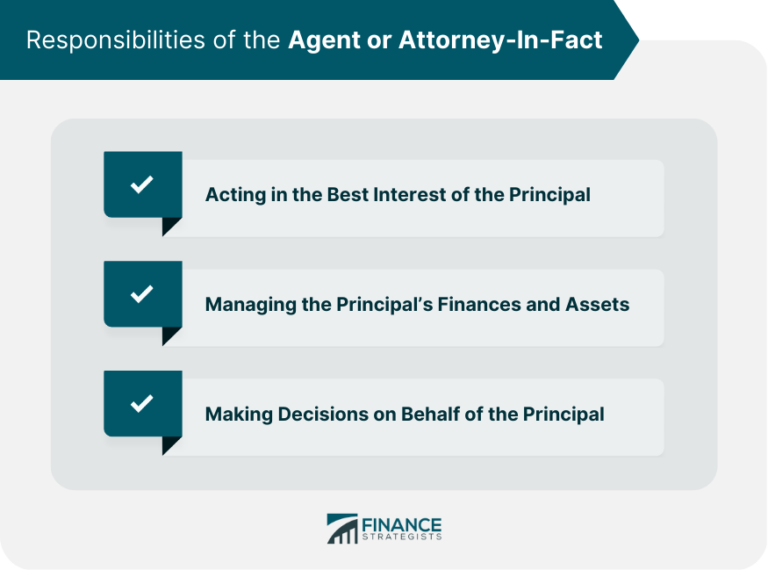Introduction
Definition of lawyer burnout
Lawyer burnout is a state of chronic physical and emotional exhaustion that is often accompanied by feelings of cynicism and detachment from work. It is a result of prolonged exposure to high levels of stress, overwhelming workloads, and a lack of control or autonomy in one’s professional life. Symptoms of lawyer burnout can include fatigue, irritability, reduced productivity, and a decreased sense of accomplishment. Recognizing and addressing the signs of lawyer burnout is crucial in order to prevent further negative impacts on mental health and overall well-being.
Prevalence of lawyer burnout
Lawyer burnout is a prevalent issue in the legal profession. The demanding nature of the job, long working hours, high levels of stress, and the pressure to meet client expectations can take a toll on lawyers’ mental and physical well-being. According to recent studies, a significant number of lawyers experience burnout at some point in their careers. The prevalence of lawyer burnout highlights the need for recognition and effective strategies to address this issue within the legal community.
Importance of recognizing and addressing lawyer burnout
Recognizing and addressing lawyer burnout is of utmost importance in the legal profession. Burnout not only affects the well-being and mental health of lawyers, but it also has serious implications for their performance and the quality of their work. By understanding the signs of burnout and taking proactive steps to address it, law firms can create a healthier and more productive work environment for their lawyers. Moreover, recognizing and addressing burnout can help prevent long-term negative consequences, such as career dissatisfaction and attrition. Therefore, it is crucial for both individual lawyers and the legal profession as a whole to prioritize the recognition and management of lawyer burnout.
Causes of Lawyer Burnout

High workload and long hours
High workload and long hours are major contributors to lawyer burnout. The demanding nature of the legal profession often requires lawyers to handle multiple cases simultaneously, resulting in a heavy workload. Additionally, long working hours are common, with lawyers frequently working late nights and weekends to meet deadlines and client expectations. This relentless schedule can lead to chronic stress, exhaustion, and a lack of work-life balance, all of which contribute to the development of burnout. It is crucial for lawyers to recognize the signs of burnout caused by high workload and long hours and take proactive steps to address them.
High levels of stress and pressure
High levels of stress and pressure are common among lawyers, often leading to burnout. The demanding nature of their work, long hours, and the need to constantly meet deadlines can take a toll on their mental and physical well-being. Lawyers are frequently exposed to high-stakes situations, where the outcome of a case can have significant consequences for their clients. This constant pressure to perform at a high level can result in exhaustion, anxiety, and a loss of motivation. It is crucial for lawyers to recognize the signs of burnout and take proactive steps to address them, such as seeking support from colleagues, practicing self-care, and setting boundaries to maintain a healthy work-life balance.
Lack of work-life balance
Lack of work-life balance is a significant contributing factor to lawyer burnout. In the legal profession, the demands of work can often overshadow personal life, leading to excessive stress and fatigue. Lawyers are known for their long working hours, high-pressure environments, and constant client demands, which can make it challenging to maintain a healthy work-life balance. This imbalance can have detrimental effects on both physical and mental well-being, ultimately leading to burnout. Recognizing the importance of establishing boundaries and prioritizing self-care is crucial in addressing this issue and preventing lawyer burnout.
Signs and Symptoms of Lawyer Burnout
Physical symptoms
Physical symptoms of lawyer burnout can manifest in various ways. Some common physical signs include chronic fatigue, headaches, muscle tension, and sleep disturbances. Lawyers experiencing burnout may also notice changes in their appetite, either overeating or loss of appetite. These physical symptoms can have a significant impact on a lawyer’s overall well-being and can interfere with their ability to perform at their best. It is important for lawyers to recognize these signs and take proactive steps to address them, such as seeking support from colleagues, practicing self-care, and seeking professional help if necessary.
Emotional symptoms
Emotional symptoms of lawyer burnout can manifest in various ways. Lawyers experiencing burnout may often feel overwhelmed, anxious, or irritable. They may also have difficulty concentrating or making decisions. Additionally, they may experience a loss of enjoyment in activities they once found pleasurable. These emotional symptoms can significantly impact a lawyer’s overall well-being and ability to effectively perform their job.
Behavioral symptoms
Behavioral symptoms of lawyer burnout can manifest in various ways. Some common signs include increased irritability, difficulty concentrating, and a decrease in productivity. Lawyers experiencing burnout may also exhibit changes in their eating and sleeping habits, such as overeating or insomnia. Additionally, they may become more socially withdrawn, avoiding social activities or isolating themselves from friends and family. These behavioral symptoms are important indicators of lawyer burnout and should be recognized and addressed to prevent further negative consequences.
Impact of Lawyer Burnout
Decreased job satisfaction
Decreased job satisfaction is a common symptom of lawyer burnout. As lawyers face long hours, high stress levels, and demanding clients, it is not surprising that their job satisfaction may decline over time. The constant pressure to meet deadlines, juggle multiple cases, and maintain a high level of performance can take a toll on their overall job satisfaction. Additionally, the lack of work-life balance and the feeling of being constantly on call can further contribute to the decreased job satisfaction experienced by lawyers. It is crucial for legal professionals to recognize this sign of burnout and take proactive steps to address it in order to maintain their well-being and long-term career satisfaction.
Impaired performance and productivity
Impaired performance and productivity is a common manifestation of lawyer burnout. When lawyers experience burnout, they often find it difficult to concentrate and focus on their work. This can lead to a decrease in their overall performance and productivity. They may struggle to meet deadlines, make mistakes in their work, and have difficulty finding motivation. The long hours, high stress levels, and demanding nature of the legal profession can contribute to this impaired performance. Recognizing and addressing the signs of burnout is crucial in order to prevent further decline in performance and ensure the well-being of lawyers.
Negative effects on mental and physical health
Lawyer burnout can have significant negative effects on both mental and physical health. The demanding nature of the profession, long working hours, and constant pressure to meet deadlines and achieve results can take a toll on a lawyer’s well-being. Mentally, burnout can lead to increased stress, anxiety, and depression. It can also impact cognitive function, making it difficult for lawyers to concentrate and make sound decisions. Physically, burnout can manifest in symptoms such as fatigue, insomnia, headaches, and even chronic pain. Recognizing and addressing these signs of burnout is crucial to prevent further deterioration of mental and physical health.
Recognizing Lawyer Burnout
Self-assessment
Self-assessment is a crucial step in recognizing and addressing lawyer burnout. It involves taking the time to reflect on one’s own well-being, stress levels, and overall satisfaction with work and life. By honestly evaluating one’s physical, emotional, and mental state, lawyers can identify potential signs of burnout and make necessary changes to prevent further deterioration. Self-assessment allows individuals to gain a deeper understanding of their own needs and limitations, enabling them to take proactive steps towards maintaining a healthy work-life balance and seeking support when needed. It serves as a foundation for implementing effective strategies and coping mechanisms to manage stress and prevent burnout in the demanding field of law.
Feedback from colleagues and supervisors
Feedback from colleagues and supervisors plays a crucial role in recognizing and addressing lawyer burnout. By soliciting input from those who work closely with us, we gain valuable insights into our performance, work-life balance, and stress levels. Constructive feedback allows us to identify areas of improvement and make necessary adjustments to prevent burnout. Moreover, hearing from colleagues and supervisors can provide a sense of validation and support, reminding us that we are not alone in our struggles. It is important to create a culture where feedback is encouraged and valued, fostering open communication and a proactive approach to addressing the signs of lawyer burnout.
Recognizing common signs and symptoms
Recognizing common signs and symptoms of lawyer burnout is crucial in order to address this growing issue in the legal profession. Lawyers experiencing burnout often exhibit physical, emotional, and cognitive symptoms. Physical signs may include chronic fatigue, headaches, and sleep disturbances. Emotional symptoms can manifest as irritability, anxiety, and a lack of motivation. Cognitive indicators may involve difficulty concentrating, memory problems, and a decrease in overall productivity. By being aware of these common signs, lawyers can take proactive steps to prioritize self-care and seek support to prevent and manage burnout.
Addressing Lawyer Burnout

Seeking support from colleagues and supervisors
Seeking support from colleagues and supervisors is crucial in addressing lawyer burnout. Colleagues who have experienced similar challenges can provide valuable insights and advice on how to manage stress and maintain a healthy work-life balance. Additionally, supervisors can play a vital role in creating a supportive work environment by offering resources, implementing policies that promote well-being, and encouraging open communication. By reaching out to colleagues and supervisors, lawyers can find the necessary support and guidance to navigate the pressures of their profession and prevent burnout.
Implementing self-care strategies
Implementing self-care strategies is crucial for lawyers to prevent burnout and maintain their well-being. It is important for lawyers to prioritize their physical and mental health by engaging in activities that promote relaxation and stress reduction. This can include regular exercise, practicing mindfulness or meditation, setting boundaries with work, and taking breaks when needed. Additionally, seeking support from friends, family, or professional counselors can provide valuable guidance and help lawyers navigate the challenges of their profession. By implementing self-care strategies, lawyers can better manage their workload, improve their overall quality of life, and reduce the risk of burnout.
Creating a healthy work environment
Creating a healthy work environment is crucial in preventing lawyer burnout. It is important for law firms and legal organizations to prioritize the well-being of their employees. This can be achieved by promoting work-life balance, providing resources for stress management, and fostering a supportive and inclusive culture. By implementing these measures, lawyers can feel valued, supported, and motivated, leading to increased job satisfaction and reduced burnout rates.




















































